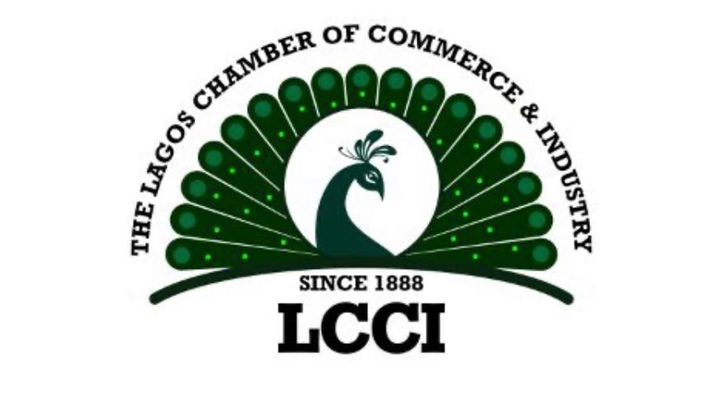The Centre for the Promotion of Private Enterprise and the Lagos Chamber of Commerce and Industry have blamed dwindling productivity as a factor that is negatively affecting economic growth in the country.
The economic think-tank and commerce chamber stated this while reacting to the Gross Domestic Product report for the second quarter of the year published by the National Bureau of Statistics.
In a statement made available to the media, the CPPE said the adverse impact of the recent economic reforms were disproportionately higher than expected.
The statement, signed by the chief executive officer, said a rebound of the economy was expected in the medium to long-term as current distortions in the economy were corrected.
The statement read in part: “The structure of the economy continued to reflect its vulnerabilities, especially the challenges of productivity and competitiveness of the real economy.
“The Q2 GDP growth fell short of the sub-Sahara projected average of 3.1 per cent for 2023; but better than projections for the Euro Zone of 1 per cent and the United States of 1.8 per cent.”
Yusuf further noted that sectors such as oil refining, livestock, crude petroleum and gas, and textile were all in recession because of macro-economic, structural or policy issues.
He added: “Growth in these sectors continued to be subdued by heightened inflationary pressures, exchange rate volatility, spiking energy cost, insecurity and the political economy of the oil and gas sector.”
Speaking exclusively with The PUNCH, the Deputy-President of the Lagos Chamber of Commerce and Industry, Gabriel Idahosa, blamed the recent economic reforms for the decline in productivity in the country’s real economy.
He added that the situation had contributed to the forex crisis in the country that has made life difficult for the business community.
Idahosa said: “It’s unsurprising that trade isn’t at the level it should be. These economic reforms have been pushing the economy in one direction. The value of any currency is export minus imports. So, if we manage to push exports up, over time the trend will reverse.”
